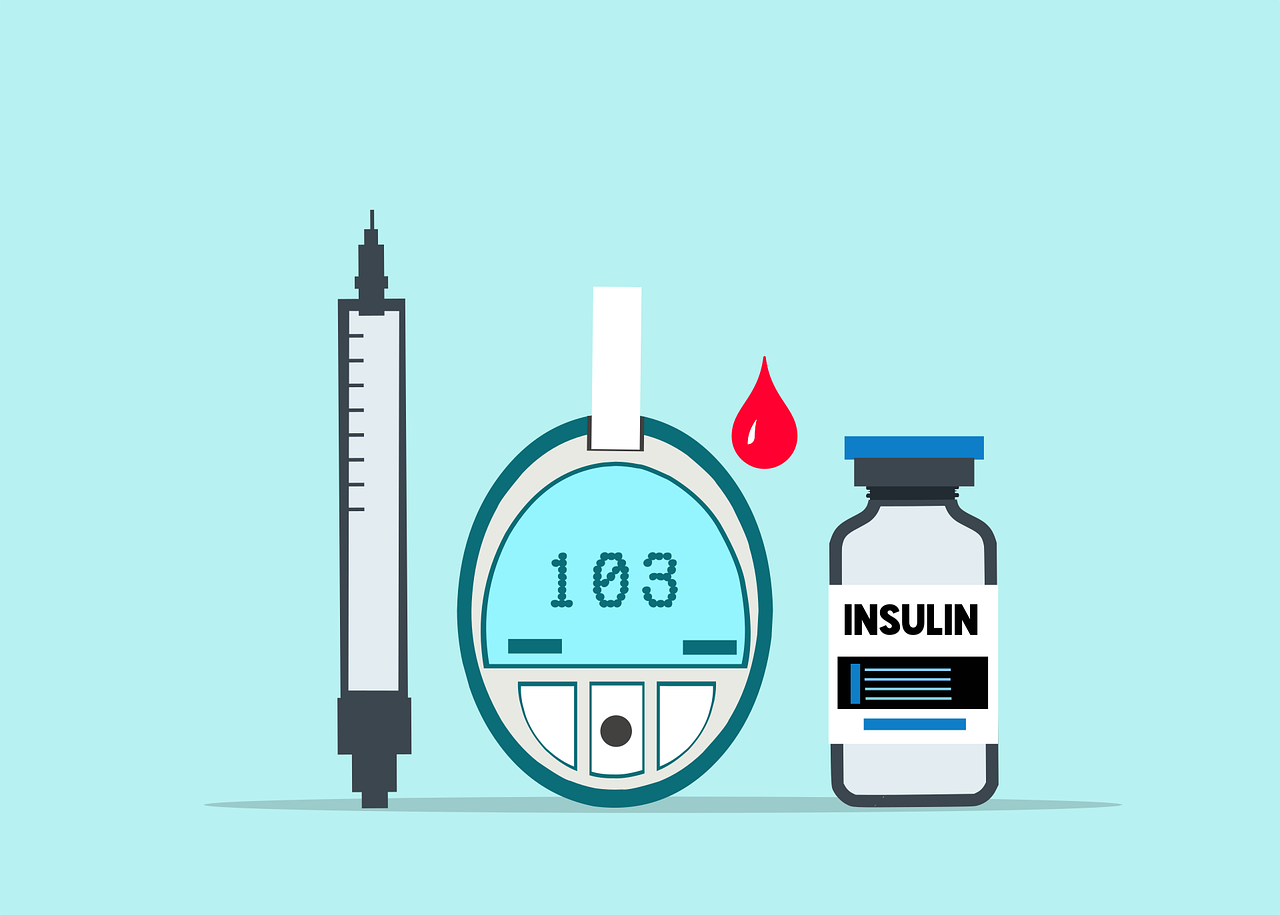The Role Of Blood Sugars In Your Appetite…
To regulate appetite, the body relies on a complex interaction between the digestive, nervous, and endocrine systems. Hormones like ghrelin and peptide, together with signals from the nervous and digestive systems, stimulate or suppress appetite. Doctors and researchers are continuing to unveil more data about the mechanisms responsible for controlling hunger and satiety.

Scientists are digging into the matter and found more details about this intricate process over the last decade. One of their key findings was the discovery of leptin in 1994. The body produces this hormone when the food intake has been low and stimulates the body to eat more food.
Blood sugar and appetite
Therefore, common sense tells us blood sugar also plays a part in the sensation of hunger. For example, one of the symptoms of low blood sugar is an increase in appetite. This happens when low blood sugar levels generate stress hormones like epinephrine, which in turn cause symptoms like hunger.
Blood sugar levels in the body also depend on many factors – not just your diet, but also exercise, genetics, and even mood. However, how does blood sugar affect hunger, exactly?
We now know that, while genetics do influence our brain’s response to food, blood sugar also has a crucial role. A study from the University of Washington shows that blood sugar levels have a role in overriding genetic and environmental factors that control hunger when people see images of food. The study found more responses to the food in the groups with participants with low blood sugar.
Types of sugars and their effects on hunger
However, a 2016 study suggests the influence of blood sugars on appetite can be more nuanced. In this study, researchers monitored appetite variations in participants after giving them glucose injections. The team found that appetite, hunger, and satiety didn’t present significant variations compared with a control group.
Conversely, another study, published in the Journal of the American Medical Association, suggests the type of sugar involved in influencing short-term reactions to food is fructose and not glucose.
Sugar comes in many types. Both glucose and fructose are simple sugars, which means they’re the most basic carbohydrates and can’t be separated into smaller compounds. The difference between glucose and fructose is where it is found and the concentration of sweetness.
While glucose can be found in the blood as well as in sweeteners like corn syrup, fructose is sweeter and is found more commonly in fruit.
In the study, 20 young participants consumed drinks sweetened with higher quantities of either glucose or fructose. According to the researchers, the body reacts to the additional calories from glucose by increasing the level of hormones responsible for suppressing appetite. This reaction did not happen with the participants who had fructose drinks.
Interestingly enough, the levels of other hormones like ghrelin and leptin were unaffected by either type of sugar.
Researchers explain the different reactions to sugars as a way for the body to regulate its appetite by recognizing the foods it’s consuming to maintain an appropriate intake of calories and nutrients. However, scientists are still unable to explain why fructose doesn’t seem to affect the feeling of hunger and satiety the way glucose does.
It is clear that more research is needed to determine how blood sugar and appetite influence each other, what effects the consumption of different types of sugars can contribute to stimulating or suppressing appetite, and how these effects influence weight loss.
Hope this gives you the basics to start researching.
All the best
Chef Murph
Tags: blood sugar, chef murph, diabetes
